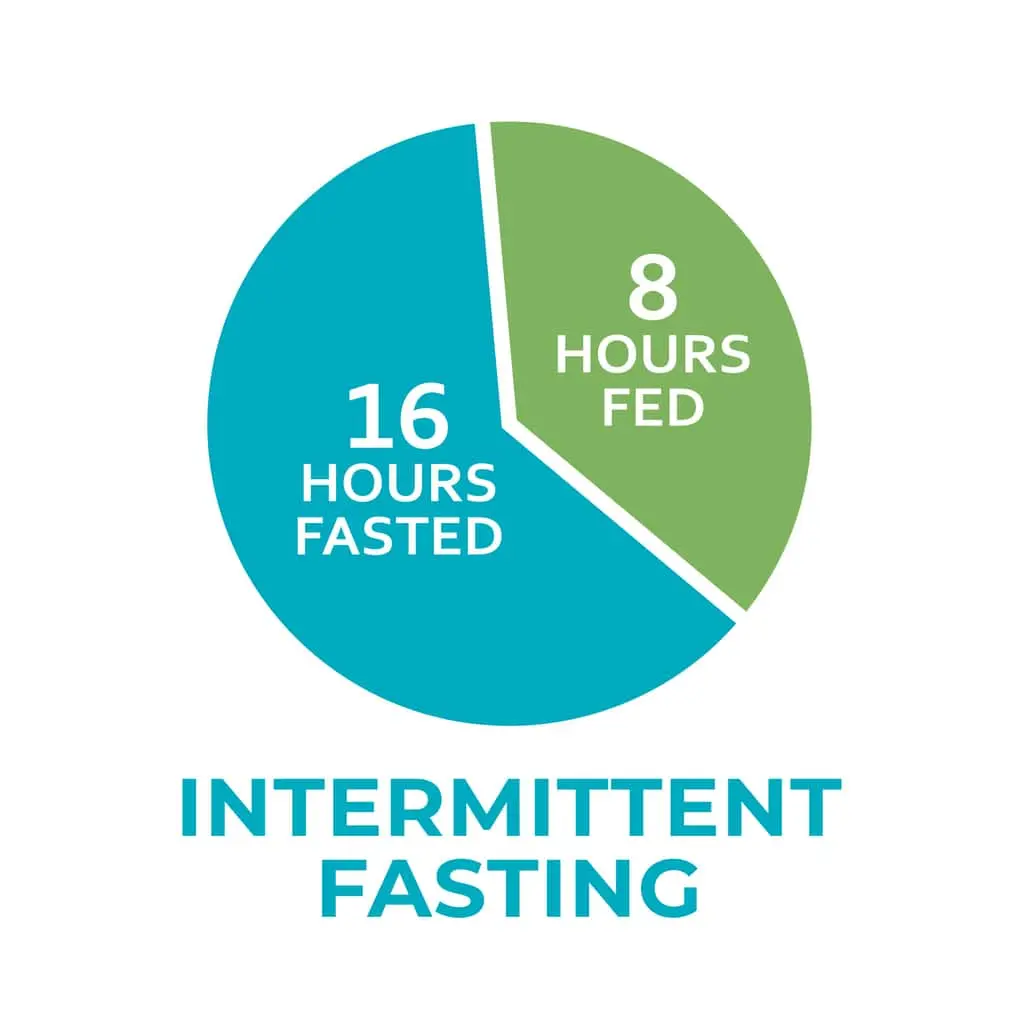Intermittent Fasting Is Safe and Effective For People With Type 2 Diabetes
According to recent studies, intermittent fasting is as successful when shedding pounds as diets that cut daily calorie intake by a quarter.
It is reported that those with type 2 diabetes who followed an intermittent fasting eating plan found it more straightforward to shed weight than those instructed to diminish their caloric intake without setting any dietary limits.
Neither of the approaches to reducing blood sugar levels had any negative health consequences for the participants of either study.
According to a study published in JAMA Network Open, researchers from the University of Illinois Chicago found that intermittent fasting, also called time-restricted eating, helps reduce weight and regulate blood sugar levels for individuals with type 2 diabetes.
The study revealed that participants who limited their eating windows to only noon and 8 p.m. daily without monitoring calorie intake lost more weight over six months than those instructed to lower their calorie intake by 25%.
Both groups experienced a decrease in their long-term blood sugar levels, as measured by a haemoglobin A1C test, which indicates blood sugar levels over the prior three months.
Details From The Fasting And Type 2 Diabetes Study
The study involved 75 people divided into three groups: those on a time-restricted eating regimen, those cutting back on calories, and a reference group.
Various health indicators were measured during the six months, including weight, waist size, blood sugar levels, and other health indicators.
The individuals in the time-restricted group reported that it was simpler to adhere to the program than the participants in the group that cut back on calories.
According to the researchers, the reason for the participants' difficulty in managing their diabetes may be attributed to the fact that physicians advise people with type 2 diabetes to reduce their calorie intake as a primary form of treatment. Additionally, it was observed that many participants may have attempted to follow such a diet yet found it challenging to sustain.
By adhering to a fixed eating window, participants in the time-restricted group could reduce their caloric intake even without specific calorie instructions.
Results from our study suggest that following a time-restricted eating plan could be an effective way to lose weight for those who struggle to commit to a traditional diet or are disheartened by it.
Over the six months of the study, no major health issues were reported. Additionally, there was no difference between the two groups regarding their low or high blood sugar levels.
According to the researchers, it is essential to discover more alternatives to manage weight and glucose levels, as the prevalence of diabetes in the EU is 10% and that of prediabetes is 33%.
The research team noted that the proportion of Black and Hispanic participants in the study was significant as those groups have a higher rate of diabetes.
While the study was relatively small, the researchers believe that the results may indicate that time-restricted eating is a safe option for people with type 2 diabetes. However, they advise individuals with the condition to speak to their doctor before starting such a program.
How Intermittent Fasting Can Help With Type 2 Diabetes
When supervised by medical professionals, intermittent fasting can be a powerful tool against diabetes. It helps by reducing insulin levels during fasting, making cells more responsive when you eat again. This helps stabilise blood sugar and lowers the risk of diabetes-related ups and downs.
Intermittent fasting also promotes weight loss, which is crucial for managing type 2 diabetes. When you lose excess weight, your body becomes better at handling insulin, and overall blood sugar control improves. This can lead to a reduced need for diabetes medications.
The fasting routine typically involves eating and fasting for around 12 to 14 hours or more. During fasting, your body uses stored fat for energy, which aids in weight loss. It also improves your body's ability to handle insulin and reduces inflammation, all of which help manage blood sugar and weight.
Some studies even suggest that significant weight loss through intermittent fasting can put diabetes into remission, returning blood sugar levels to normal. Additionally, it may improve insulin resistance, potentially making it useful for those with type 2 diabetes or prediabetes.
Some Cautions About Time-Restricted Eating
Intermittent fasting has some potential downsides to be aware of. It's essential, especially for people with diabetes, to take medications that can lower blood sugar too much to consult a doctor before making significant dietary changes like trying intermittent fasting.
Keep in mind that intermittent fasting isn't suitable for everyone. It's not recommended for pregnant or breastfeeding individuals, those with low body weight, or anyone with a history of eating disorders. Before giving it a try, it's essential to consider if it's the right fit for you.
Although intermittent fasting may benefit from managing type 2 diabetes, the study mentioned was small, and more research on a larger scale is needed. Regardless of the diet chosen, individuals with diabetes must talk to their healthcare provider, as there are different medications available, and the approach should match their specific needs and type of diabetes.
If you have questions or concerns about intermittent fasting, Mobi Doctor can provide guidance and support to help you make informed decisions regarding your diet and diabetes management. You can contact Mobi Doctor for personalised advice and recommendations.






